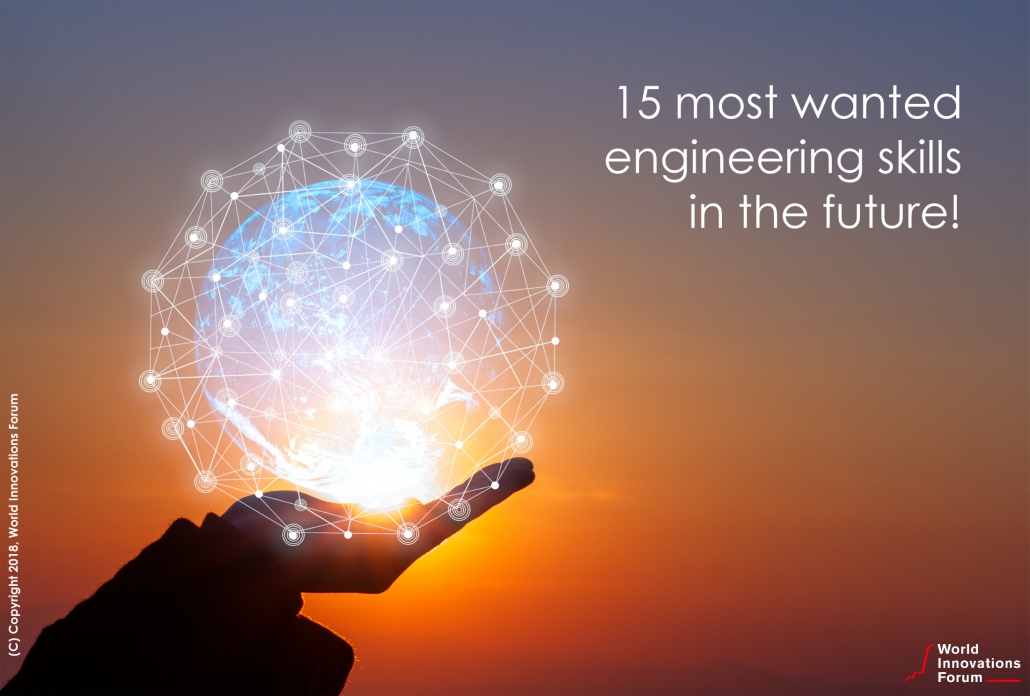Innovate Fighting Pandemics – The power of us!
By Cafer Tosun, Jaideep Adhvaryu, Alyssa King, Axel Schultze
The Coronavirus COVID-19 has brought our life globally to a halt. While all current measures are necessary to prevent the virus from spreading to most of the population, we must accelerate innovation to get our life back to normal and save people’s life. The virus is taking human life hour by hour. Time is critical and we must put our minds together to accelerate innovation on a global scale. The World Innovation Forum has taken the leadership to bring innovative minds throughout the world together to fight the pandemics. Since the virus doesn’t care about borders, we must do the same. We are stronger together. We are not bound to borders and can win faster when we collaborate. Currently, we see uncoordinated local leadership and no globally coordinated efforts to fight the pandemics. The measures are driven by the local outbreak numbers. And even worse countries are fighting over medical supplies.
We already see many fantastic local innovations happening around the world to ease the situation and fight the pandemic. My favorite examples are when Italian engineers have turned scuba diving masks into ventilators to support hospitals. And published the how-to in a YouTube video to share with the rest of the world. Or when local breweries in Tampa switch from producing alcoholic beverages to produce hand Sanitzer, for which there is a huge demand. When South Korea has scaled testing the virus by setting up drive-thru clinics. And when car manufacturers stop production and produce medical supply to fight the Virus. The list can go on and you can be part of it!
More importantly, the innovation and out-of-box thinking is required not just in the medical sphere. We need impactful solutions and agile approaches to identify, communicate, respond, recover and repair communities in near-real time speed and at global scale while optimizing limited knowledge, resources and people.
What the World Innovations Forum asks you is: be creative and let the world know about your ideas and best practices to fight the pandemic.
Find out more about the initiative at: http://wiforum.org/innovate-fighting-pandemics/
The World Innovation Forum provides you a platform to share, engage, accelerate the adoption and scale your innovation with its global network of innovative minds. Be part of the innovation acceleration to fight the pandemic. We are stronger together!
Start participating in the conversation and join one of our dedicated groups:
Thank you!
The World Innovation Forum
PS: Do you want to be part of the team? It is a global initiative driven by volunteers around the world. It is a growing effort. We need more volunteers to work with us on the innovation acceleration initiative of the World Innovation Forum. If you are interested to support us with your time and network, please send us an email at innovate.fighting.pandemics@wiforum.org and include a few words about yourself and what you can contribute to the initiative.







 We have been invited to Kathmandu Nepal, from March 4 to 6, 2018 to learn about Entrepreneurship and Innovation in Nepal and share entrepreneurs experiences from around the world. The Society3 and World Innovations Forum Ambassador,
We have been invited to Kathmandu Nepal, from March 4 to 6, 2018 to learn about Entrepreneurship and Innovation in Nepal and share entrepreneurs experiences from around the world. The Society3 and World Innovations Forum Ambassador, 




 OK in my previous post I talked about the European Digitization Issue. And rather giving it yet another abstract and very complicated explanation what it supposed to be, I’d rather talk about the effects it has today and why we it is a mind set and not a way of using machines. that solve all the problems.
OK in my previous post I talked about the European Digitization Issue. And rather giving it yet another abstract and very complicated explanation what it supposed to be, I’d rather talk about the effects it has today and why we it is a mind set and not a way of using machines. that solve all the problems. Digital is about 60 years old
Digital is about 60 years old With 50% external funding rate since its start in 2014, the S3 San Francisco Accelerator is one of the most successful accelerator programs out there. In 2015 Society3 was named top 100 most influential accelerator. Now we will make it available for all entrepreneur in the world – no matter where they live.
With 50% external funding rate since its start in 2014, the S3 San Francisco Accelerator is one of the most successful accelerator programs out there. In 2015 Society3 was named top 100 most influential accelerator. Now we will make it available for all entrepreneur in the world – no matter where they live.